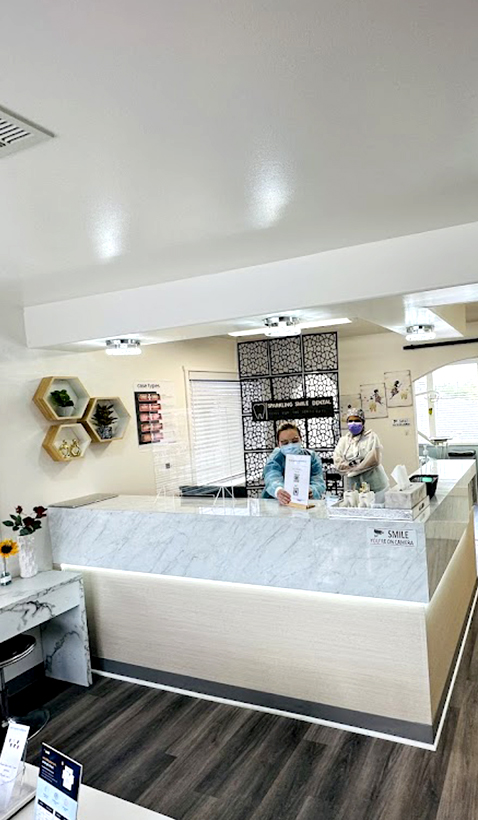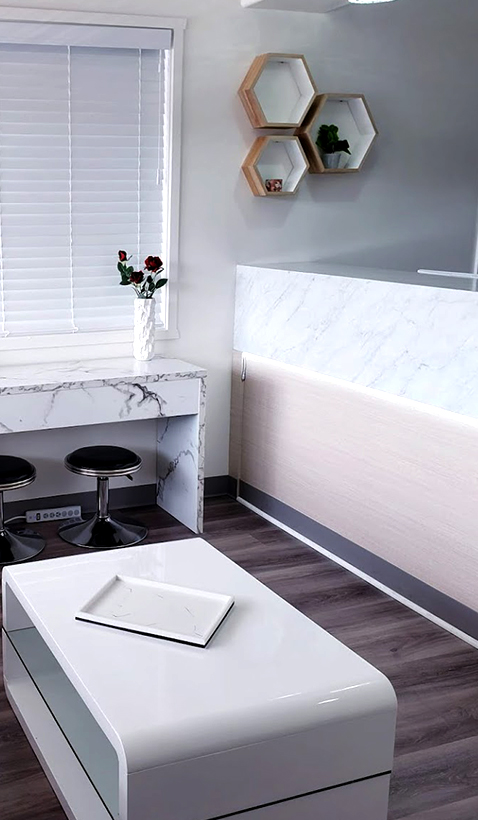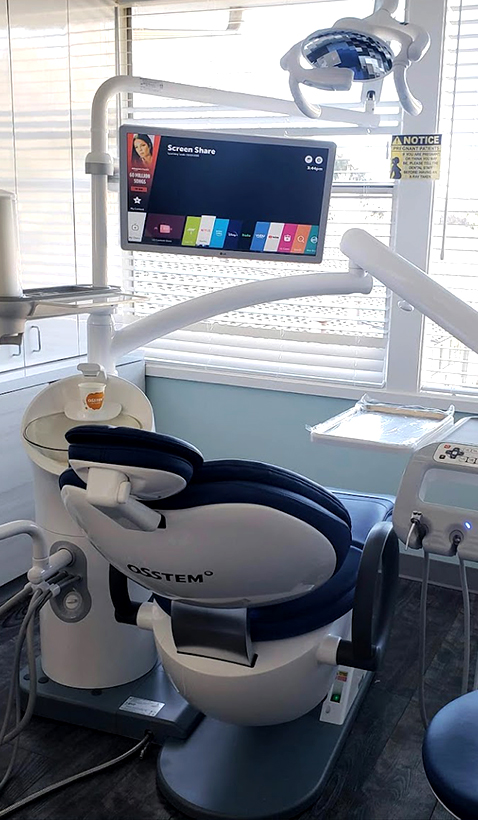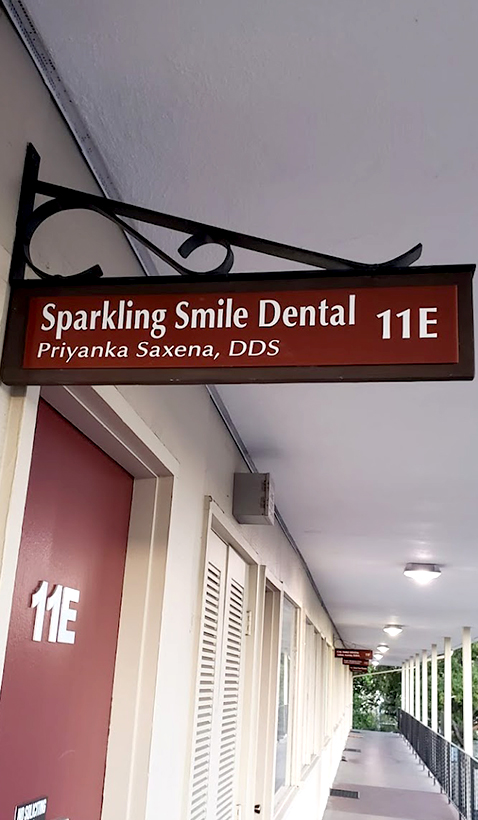5150 Graves Ave, Ste 11E, San Jose, CA 95129
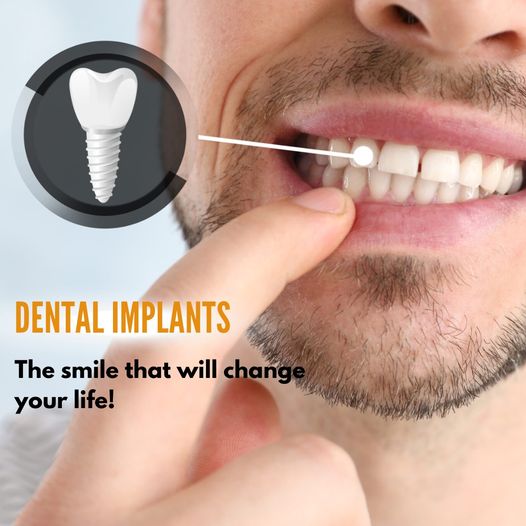
Dental Implants in San Jose, Saratoga, Campbell and surrounding areas!
How much does a Dental Implant cost?
Depending on the location of the missing tooth in the mouth and any supporting treatment requirements, a single implant can range from $2000 to $4500. Know what your requirement is and get a free quote by scheduling an appointment with us.
So, what are dental implants? They are metal anchors or posts (usually made of titanium) and act just like the root of a tooth. A crown is then attached to the implant which looks just like your tooth. When you’re missing teeth, it can limit your ability to eat the foods you love or smile with confidence. Dental implants also act as a foundation for replacement teeth such as in bridges or dentures and help restore missing teeth.
When it comes to replacing missing teeth, dental implants have become a popular and effective solution. Dental implants are artificial tooth roots that are surgically placed into the jawbone to support a replacement tooth or bridge. They look and function like natural teeth, and with proper care, can last a lifetime.
If you’re considering dental implants, it’s important to understand the benefits they offer over other tooth replacement options.
Advantages of dental implants are:
- They look and function like natural teeth and are very comfortable
- Help in maintaining proper face shape
- Prevent surrounding teeth from shifting into empty space
- Dentures supported by implants do not move around because the implants are permanently fused into the bone
- May last a lifetime if proper care is taken and regular cleanings are performed at the dentist
- They don’t interfere with speaking like some dentures may cause
- Most food can be eaten without any discomfort
- Higher self-esteem and confidence
Unlike dentures, which must be removed and cleaned daily, dental implants are permanent fixtures in your mouth. They don’t need to be taken out for cleaning, and they won’t slip or move around like dentures can.
At our dental practice, we specialize in dental implant placement and restoration. We use the latest techniques and technologies to ensure your implant treatment is as comfortable and successful as possible. If you’re ready to restore your smile with dental implants, contact us today to schedule a consultation. We’ll work with you to create a personalized treatment plan that meets your unique needs and goals.
Implant Process at Sparkling Smile Dental:
- Consultation: The first step in the dental implant process is a consultation with an implant dentist. During this appointment, the dentist will examine your mouth and take x-rays and/or 3D scans of your teeth and jawbone. This will help the dentist determine if you are a good candidate for dental implants and create a personalized treatment plan.
- Implant Placement: If you are a good candidate for dental implants, the next step is the implant placement surgery. This procedure is usually done under local anesthesia, and the implant is placed into the jawbone using a small incision. Once the implant is in place, the incision is closed with sutures.
- Osseointegration: After the implant is placed, it takes several months for it to fuse with the surrounding bone in a process called osseointegration. During this time, you will need to take care of your implant and avoid putting pressure on it. Your dentist may provide you with a temporary restoration to wear during this time.
- Abutment Placement: Once the implant has fully fused with the bone, the next step is to place the abutment. The abutment is a small connector that attaches to the implant and supports the replacement tooth or bridge.
- Restoration: The final step in the dental implant process is the restoration. This is when your dentist will place the replacement tooth or bridge onto the abutment. The restoration is custom-made to match the color and shape of your existing teeth, so it looks natural and blends in with your smile.
When might you need a dental implant ?
- One or more missing teeth, whether that’s due to genetics, injury, or gum disease
- A bridge that needs to be replaced
- You have problems with your traditional dentures (the dentures slip, click, or prevent you from eating the foods you enjoy)
- Your missing tooth or teeth cause bite problems or pain


